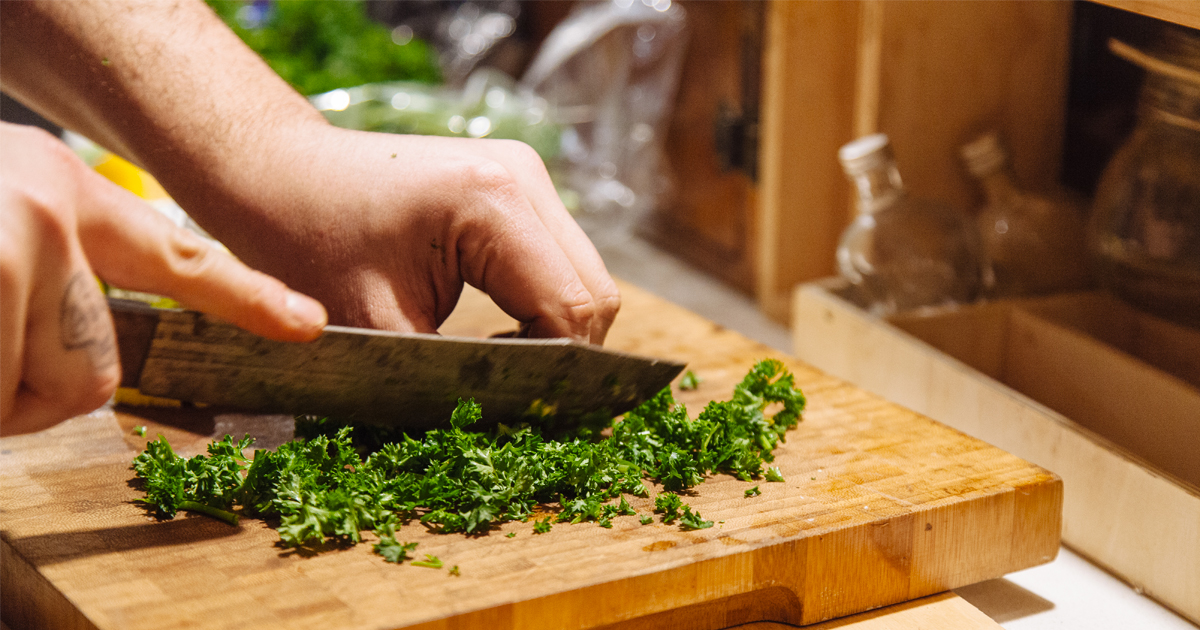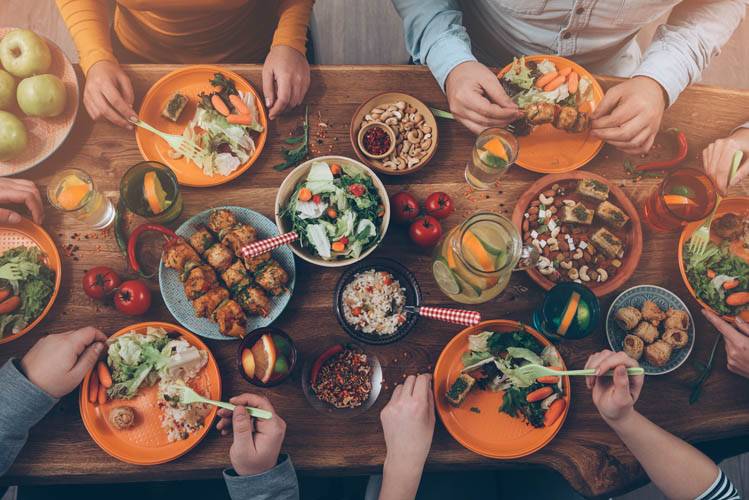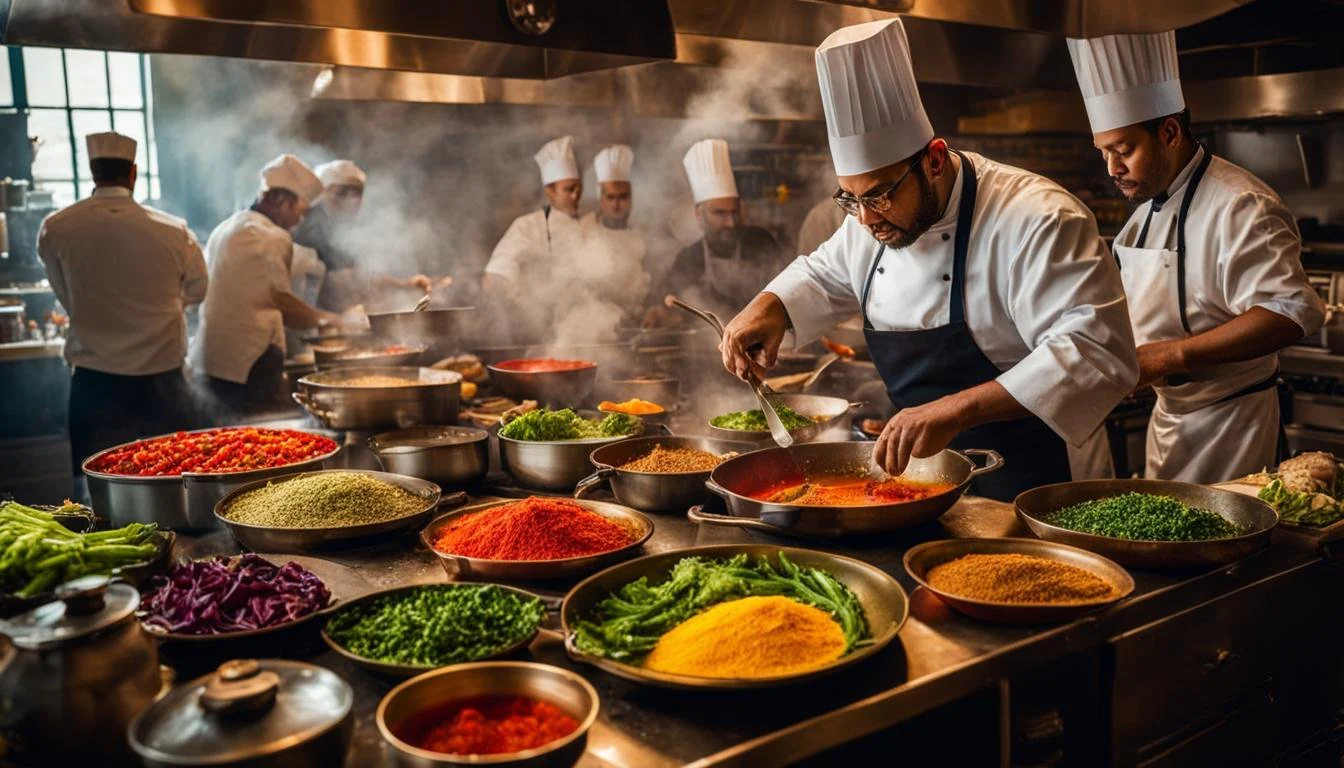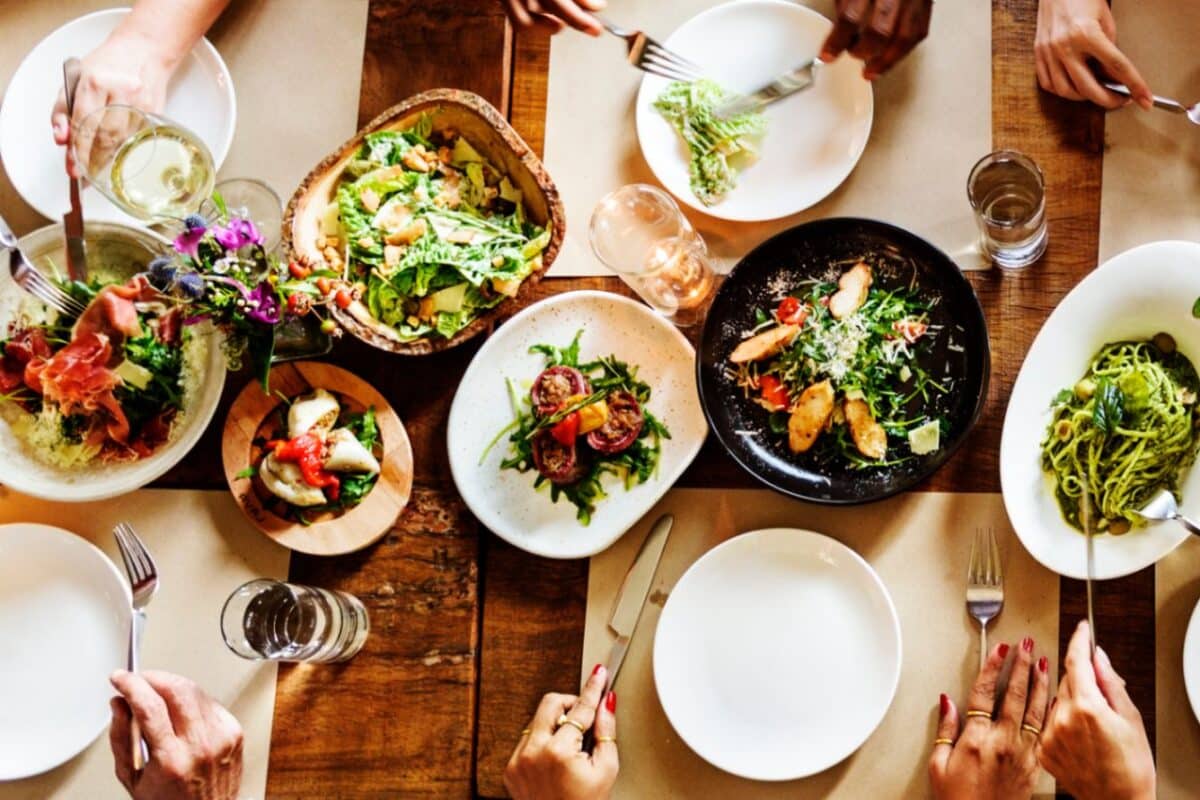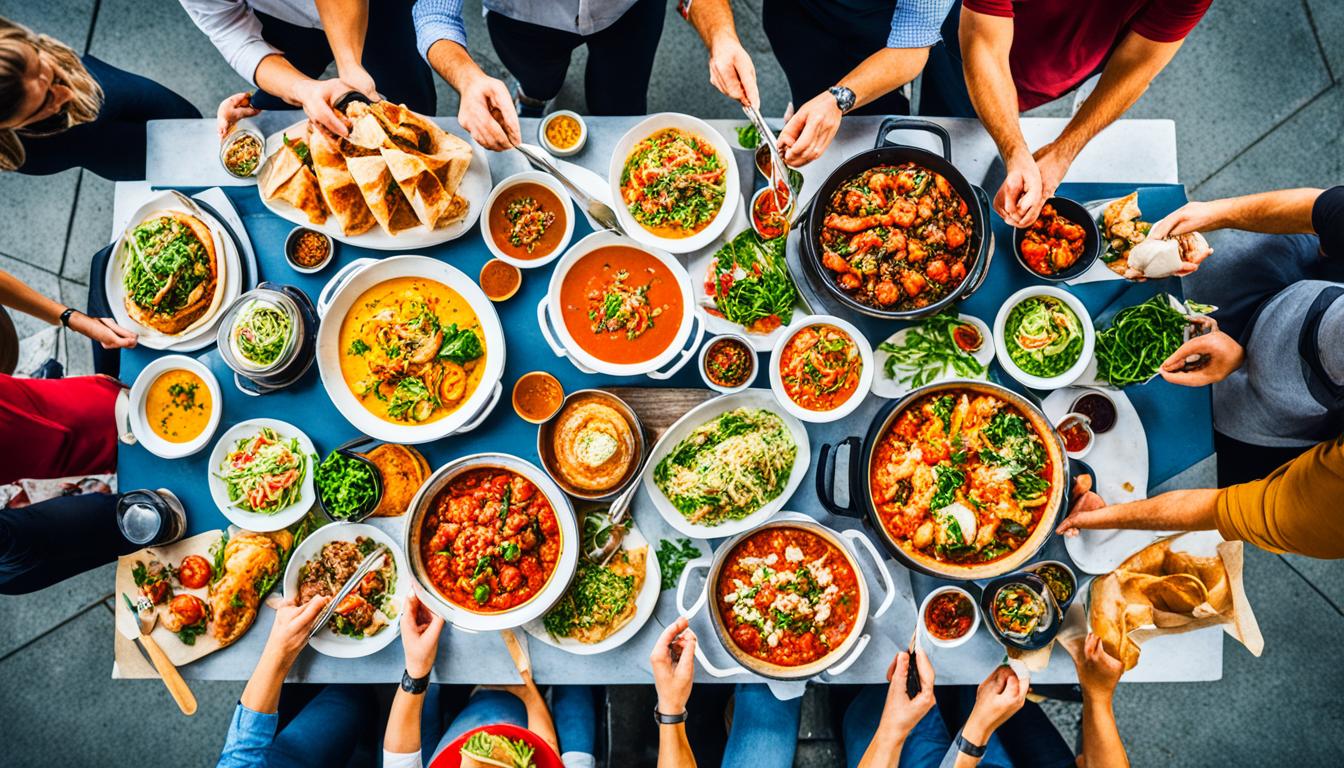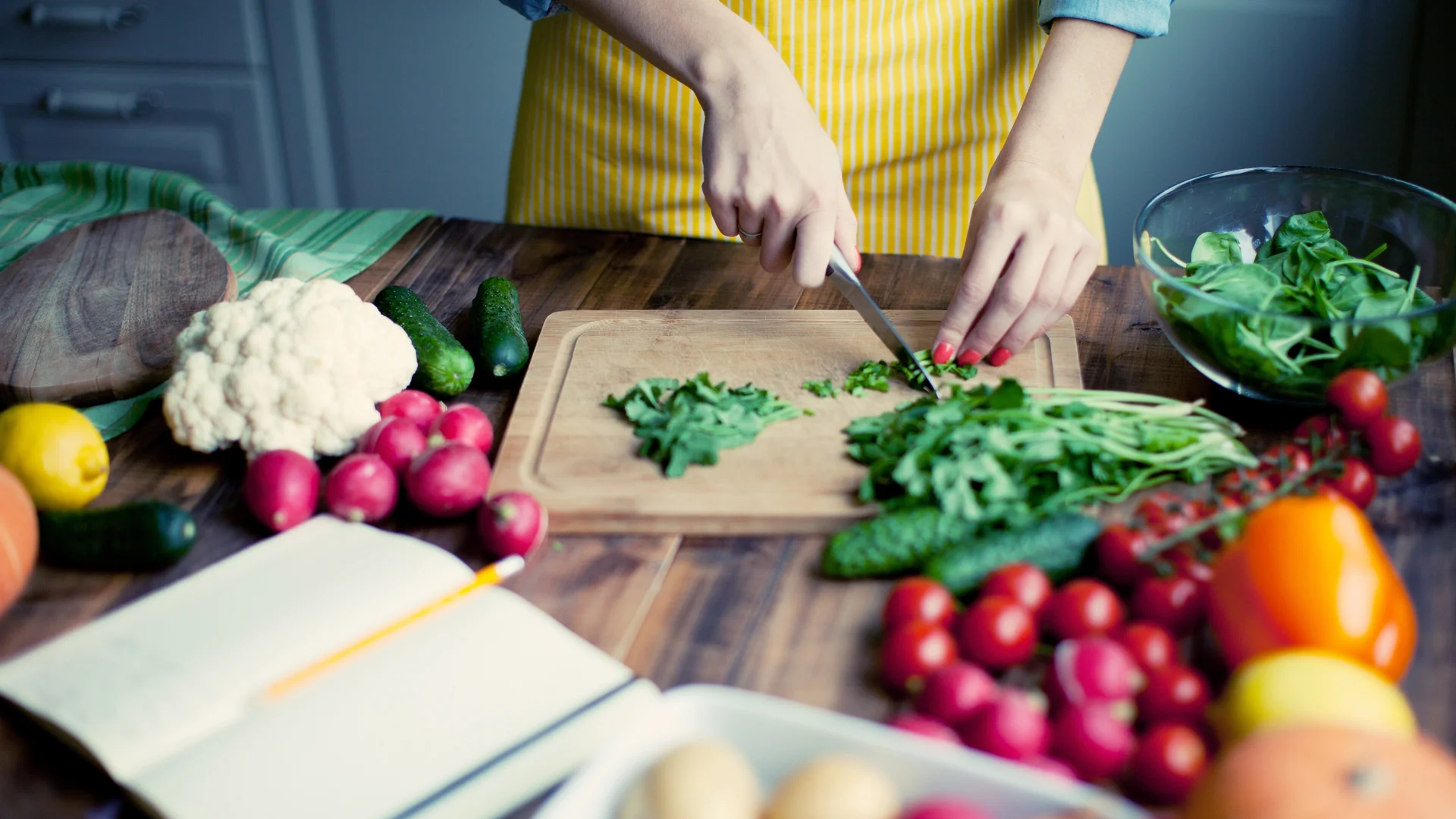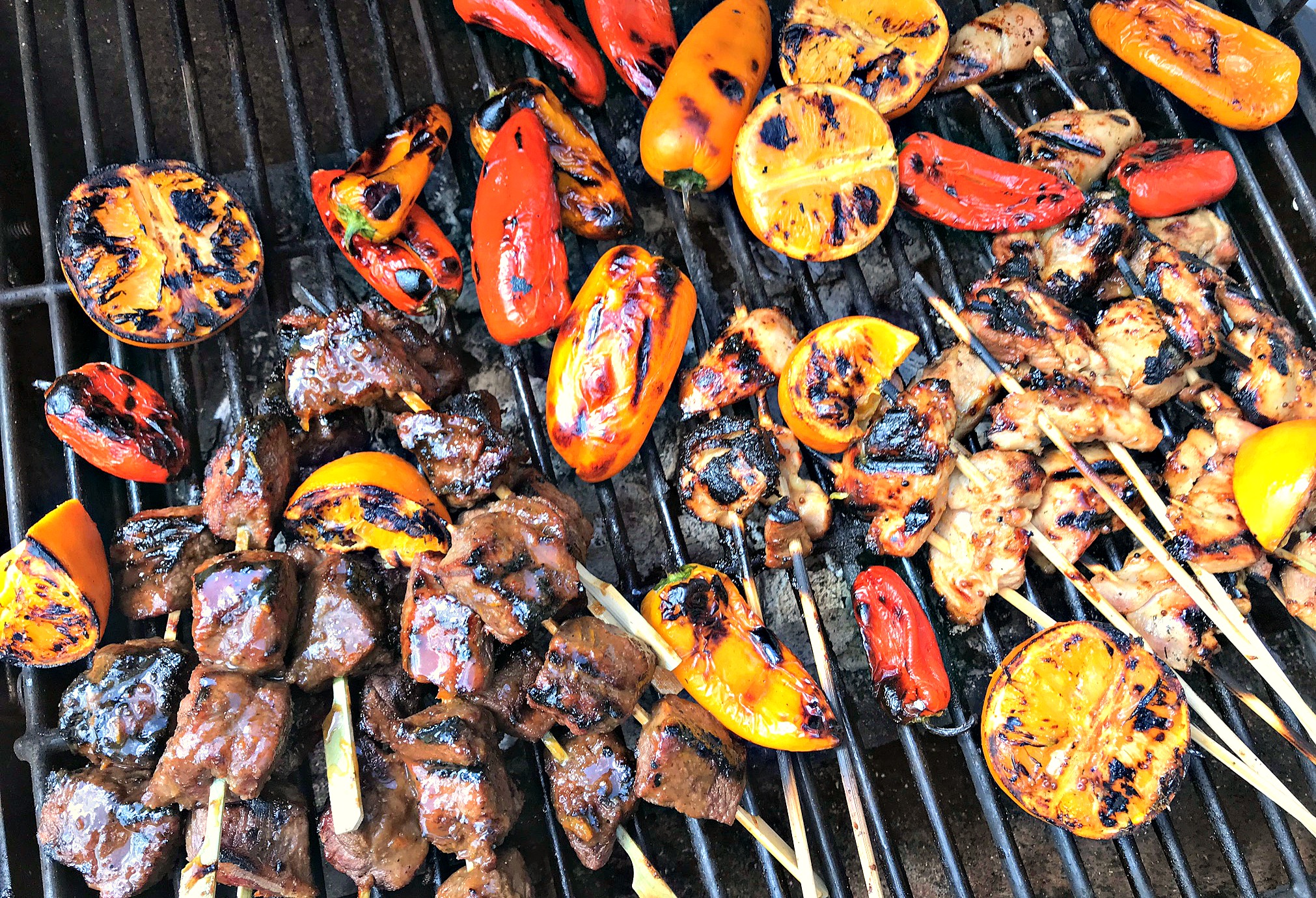Introduction
In the bustling streets of our everyday lives, there’s something profoundly comforting about the aroma of home-cooked meals wafting through the air. Whether it’s the warmth of a freshly baked cake or the sizzle of spices in a stir-fry, home-cooked food carries with it a sense of love and tradition that’s hard to replicate. But in today’s fast-paced world, finding the time to cook can be a challenge. That’s where Cookr comes in – bridging the gap between busy schedules and wholesome meals with their home cooked food delivery service. However, ensuring the safety and hygiene of home-cooked food is paramount. Join us on a journey through important food safety tips for home cooks , as we explore how Cookr ensures hygienic home food delivery.
The Heart of Home Cooking
Home-cooked food isn’t just about sustenance; it’s about connection – to our roots, our families, and our traditions. At Cookr, we understand the importance of preserving these connections, which is why we source our recipes from passionate home cooks who pour their hearts and souls into every dish. From grandma’s secret recipes to innovative culinary creations, each meal tells a story – a story of love, creativity, and authenticity.
The Importance of Food Safety
While the taste and aroma of home-cooked food are undeniably delightful, ensuring its safety is non-negotiable, especially when it comes to home cooked food delivery. At Cookr, we adhere to stringent food safety protocols to guarantee that every meal delivered to your doorstep is not only delicious but also hygienic and safe to consume. From sourcing fresh, high-quality ingredients to maintaining strict cleanliness standards in our kitchens, we leave no stone unturned in our quest for culinary excellence.
Top Food Safety Tips for Home Cooks
Now, let’s dive into some essential food safety tips that every home cook – and Cookr partner – should keep in mind:
1. Wash Your Hands: The first rule of safe cooking is to wash your hands thoroughly before handling any raw materials. Proper hand hygiene is essential for preventing the spread of harmful bacteria and ensuring the safety of your meals.
2. Maintain Cleanliness: Keep your kitchen clean and always sanitized. Regularly disinfect countertops, cutting boards, and utensils to minimize the risk of cross-contamination.
3. Cook Food Thoroughly: Always cook food, especially meat and poultry, to the recommended internal temperature to kill any bacteria that may be present. Use a food thermometer to ensure accuracy.
4. Store Food Properly: Refrigerate perishable foods promptly and store them at the appropriate temperature to prevent spoilage. Label and date leftovers to track their freshness and discard any items that have exceeded their shelf life.
5. Practice Safe Food Handling: Avoid cross-contamination by using separate cutting boards and utensils for raw and cooked foods. Clean and sanitize surfaces between tasks to prevent the spread of harmful bacteria.
6. Practice Hygienic Food Handling: Avoid handling food when you are sick, as this can spread illness-causing germs to others. Cover any cuts or wounds on your hands with waterproof bandages to prevent bacteria from contaminating food. Wear clean gloves when handling ready-to-eat foods.
7. Be Mindful of Expiry Dates:heck expiration dates on packaged foods and discard any items that have expired. Rotate food items in your pantry and refrigerator to use older products first and minimize waste.
Implementing a Food Safety Routine in Your Home
Creating a food safety plan and maintaining awareness in your everyday cooking practices will help you stay on top of food safety. By incorporating these tips into your routine, you can ensure that your meals are not only delicious but also safe to eat.
Creating a Food Safety Plan
Designate specific cutting boards for raw meats and vegetables to prevent cross-contamination. Keep an eye on expiration dates, store foods properly, and follow safe cooking practices to minimize the risk of foodborne illnesses.
Maintaining Food Safety Awareness in Everyday Cooking
Stay vigilant in the kitchen by washing your hands frequently, checking for proper cooking temperatures, and storing foods correctly, especially if you’re involved in cook home delivery food services. Remember, a little attention to detail can go a long way in keeping your kitchen safe and your meals enjoyable. By following these important food safety tips for home cooks, you can minimize the risks of foodborne illnesses and ensure the health and safety of those you are cooking for. Remember to practice proper handling, storage, cooking techniques, and cleanliness in your kitchen to create a safe and enjoyable cooking experience. Incorporating these guidelines into your routine will not only protect your family but also promote a culture of food safety awareness in your home.

